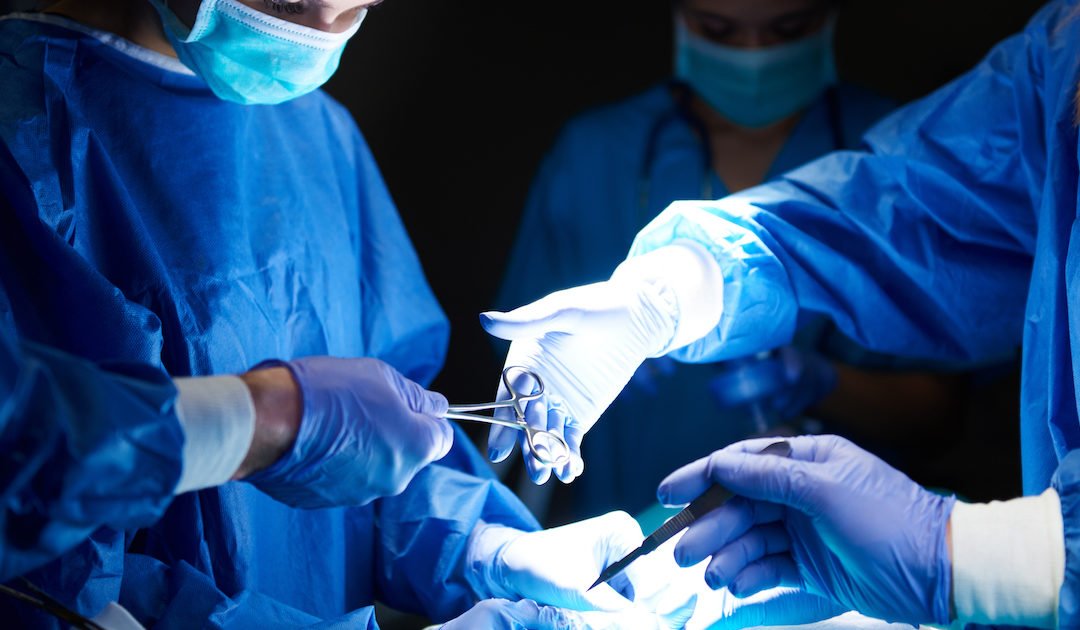At Amrut Hospital, Dr. Pramod D. Bahekar, a highly experienced Fistula Surgeon with Laser Surgery in Dombivli, offers cutting-edge solutions for patients suffering from anal fistulas.
He is also a Senior Consulting general Surgeon, FICS (Fellow of International College of Surgeons), FAIS (Fellow of Association of Surgeons of India, FISCP Fellow of International Society of Coloproctology, FIAGES (Association of GI Endo-Surgeons), FAMASI (Association of minimal access surgeons of India).
As one of the Best Fistula Laser Treatment doctors in Dombivli, Dr. Bahekar specializes in providing effective, minimally invasive treatment options that ensure quicker recovery and minimal discomfort.
What is a Fistula?
A fistula is an abnormal connection or tunnel that forms between two organs or vessels in the body, often between the rectum and the skin around the anus. This condition can cause significant discomfort, pain, and even infection if not treated promptly.
Traditional surgical methods can be invasive, but with Fistula Laser Surgery in Dombivli, patients now have access to a safer and more effective treatment option.

Understanding Fistula Laser Surgery
What is Fistula Laser Surgery?
Fistula Laser Surgery is a minimally invasive procedure that uses a high-intensity laser to remove the fistula tract. The laser energy is precisely targeted to close the fistula, promoting healing from within. This method is preferred due to its accuracy, minimal tissue damage, and reduced risk of complications compared to conventional surgery.
Benefits of Fistula Laser Surgery
- Minimally Invasive: Laser treatment involves smaller incisions, leading to less pain and faster recovery.
- Reduced Risk of Infection: The precision of the laser minimizes the risk of post-operative infections.
- Quick Recovery: Most patients can return to their daily activities within a few days after the procedure.
- Less Scarring: The laser technique results in minimal scarring, improving cosmetic outcomes.
The Fistula Laser Treatment Process
Pre-Surgery Consultation
- Initial Diagnosis: Dr. Pramod Bahekar, recognized as one of the Best Fistula Laser Surgery Doctors in Dombivli, will conduct a thorough examination to confirm the diagnosis of a fistula.
- Customized Treatment Plan: Based on the severity and location of the fistula, a personalized treatment plan is created.
The Laser Surgery Procedure
- Anesthesia: The procedure is typically performed under local or general anesthesia, ensuring the patient’s comfort.
- Laser Application: A specialized laser fiber is inserted into the fistula tract. The laser energy is then delivered to close the fistula from the inside out.
- Healing Process: The laser seals the fistula, promoting natural healing without the need for large incisions.
Post-Surgery Care
- Follow-up Appointments: Regular follow-up visits are scheduled to monitor the healing process and ensure the fistula does not recur.
- Recovery Tips: Patients are advised on dietary modifications, hygiene practices, and activity restrictions to support a smooth recovery.
Why Choose Dr. Pramod Bahekar for Fistula Laser Surgery?
- Expertise and Experience: Dr. Bahekar has extensive experience in performing Laser Treatment for Fistula in Dombivli with a high success rate.
- Top Facilities: Amrut Hospital is equipped with the latest technology and infrastructure to provide top-notch medical care.
- Personalized Care: Dr. Bahekar ensures that every patient receives a treatment plan tailored to their specific needs.
Fistula Laser Surgery in Kalyan
Residents of Kalyan looking for advanced Fistula Laser Surgery can easily access Amrut Hospital in Dombivli. The hospital is conveniently located, making it a preferred choice for patients seeking quality care near Kalyan.
Conclusion
If you are struggling with a fistula and seeking a reliable, minimally invasive treatment option, Fistula Laser Surgery in Dombivli at Amrut Hospital is your best choice. Under the expert care of Dr. Pramod Bahekar, you can expect a high standard of treatment, ensuring quick relief and a smooth recovery.
Contact Us Today
For more information or to schedule a consultation with Dr. Pramod Bahekar, leading Fistula Laser Surgery Doctor in Dombivli, contact Amrut Hospital. Take the first step towards a pain-free life with our advanced Fistula Laser Treatment in Dombivli.
